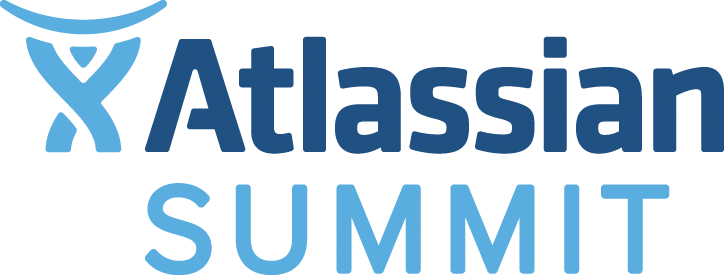
Atlassian continued its push to bring development teams together at the opening of its annual Summit in San Jose. Highlights from today included dozens of integration announcements from partners, as well as new features for BitBucket and other product lines.
BitBucket now offers large file support and development pipelines, as both features were officially released out of beta at the show. The hosted source-code-management system also added two premium features: smart mirroring, and merge checking.
Atlassian also extended the functionality of the Data Center editions of its core products. These include support for SAML 2.0, rolling upgrades with zero downtime, and the beta release of HipChat Data Center edition, which features support for larger instances and deployment of the collaborative chat program across multiple data centers.
(Related: Atlassian updates BitBucket with pipelines)
The biggest news at the show was that of momentum: Since its launch four years ago, the Atlassian marketplace has taken in more than US$200 million in revenue, and paid developers $150 million. Max Mancini, vice president of ecosystem at Atlassian, said that this growth has been accelerating.
He said it took three years to reach the $100 million revenue mark, but only one year to reach the $200 million mark. He formerly headed up Apple’s e-commerce store, and as vice president of ecosystem, he is in position to see just what it is about Atlassian’s app store that makes it so successful.
“[Atlassian cofounders] Mike [Cannon-Brookes] and Scott [Farquhar] had this philosophy that if you want to build something on this platform, here’s the source code: Go do it,” said Mancini. “Our ecosystem is founded in the concept of being open. I think that’s very unique.”
That’s a distinctly different view from Apple, where the focus in on maintaining control of the app store at all costs, said Mancini.
“I think the relationship with the development community is critical,” he said. “What we do to really differentiate ourselves is we make a point of being transparent with how we want to approve things. The challenge in other app stores is this aura of secrecy in order to protect against gamification. In an environment where there are hundreds of millions of dollars to at stake, people are going to want to game that.”
Despite a marketplace crowded with app stores, Mancini said there is a plan that Atlassian follows in order to remain successful. “One of the challenges people have in creating open platforms is that you have to add value. Assisting in creation is great, and we all love the libraries and APIs. What really matters to developers is economic opportunity: having a foundation of customers and allowing them to fit into adding value for a core capability. The core capability for us is JIRA, Confluent, HipChat and BitBucket,” he said.
To that end, Atlassian and its partners announced integrations at the Summit. Rollbar, a newcomer to the Atlassian world, introduced error detection software that can be plugged into an existing application. When an error or exception happens, Rollbar automatically logs and categorizes it. It also pushes through to the culprit code in the source-code-management system, allowing developers to quickly see when an error occurs and where it’s coming from.
Other companies announcing integrations at the show included AppDynamics, Loggly, Puppet, Sauce Labs and dozens more. CircleCI introduced integrations with BitBucket, while SourceClear introduced the ability to scan BitBucket repositories for vulnerabilities.






